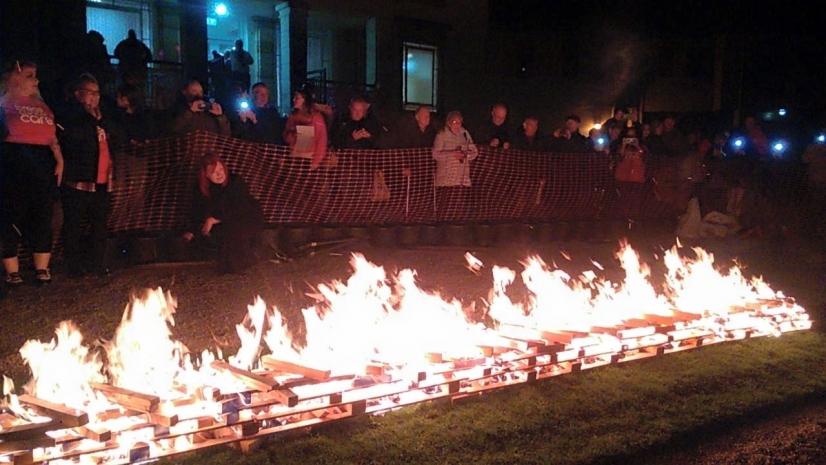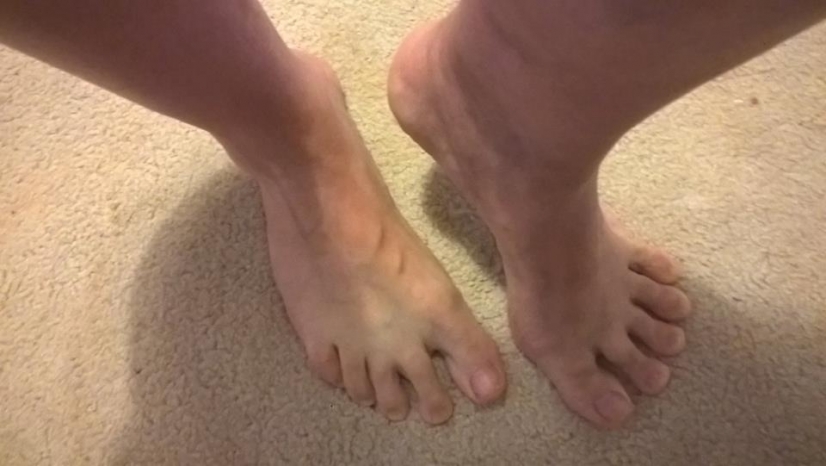Day 6 - keys; Day 7 - safes.
These two items (fortunately) go well together for the purposes of reflecting.
Keys, a technology dating back at least 6000 years, evidently were a big thing among Romans - often fashioned as a ring (so not easy to lose if worn), they were a status symbol in and of themselves. "Look I have a key, I have stuff worth locking up." Safes, not always just the ugly, functional, lead-lined boxes we may think of, but intricately carved items of furniture say the same thing - I have stuff so valuable I hide it away where it can't get lost or stolen (or used or enjoyed, for that matter).
Peter being told by Jesus he has been given the 'keys to the Kingdom' - the wherewithal to enable himself and others to enter; Jesus telling people that where their treasure is, there their hearts are also...
The thought that resonated with me as I read these two chapters was that often our deepest treaures are in our hearts - our memories. But even those can be lost or destroyed by the effects of age or disease. perhaps it is good to take them out and enjoy them rather than to hide them away. Certainly there is evidence that photos, music, stories, smells and foods all have the ability to evoke memories in people with quite advanced dementia - keys to unlock the safe of the heart allowing, if only fleetingly, the treasure to be enjoyed once more.
Show us, loving God, the treasures we should keep and those we should let go. Unlock our hearts and minds that we may be open to recieve new gifts to treasure in a new season. Keep us safe, not hidden away fearing taint or failure, but freed to be the people you make us to be. Amen.

